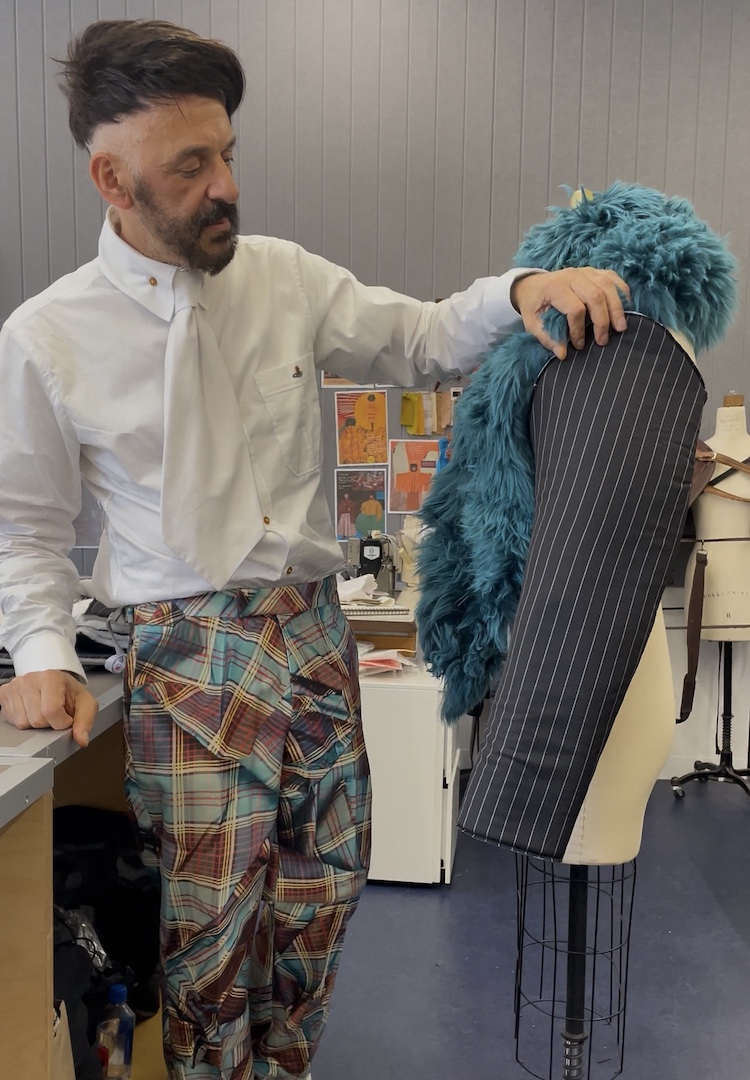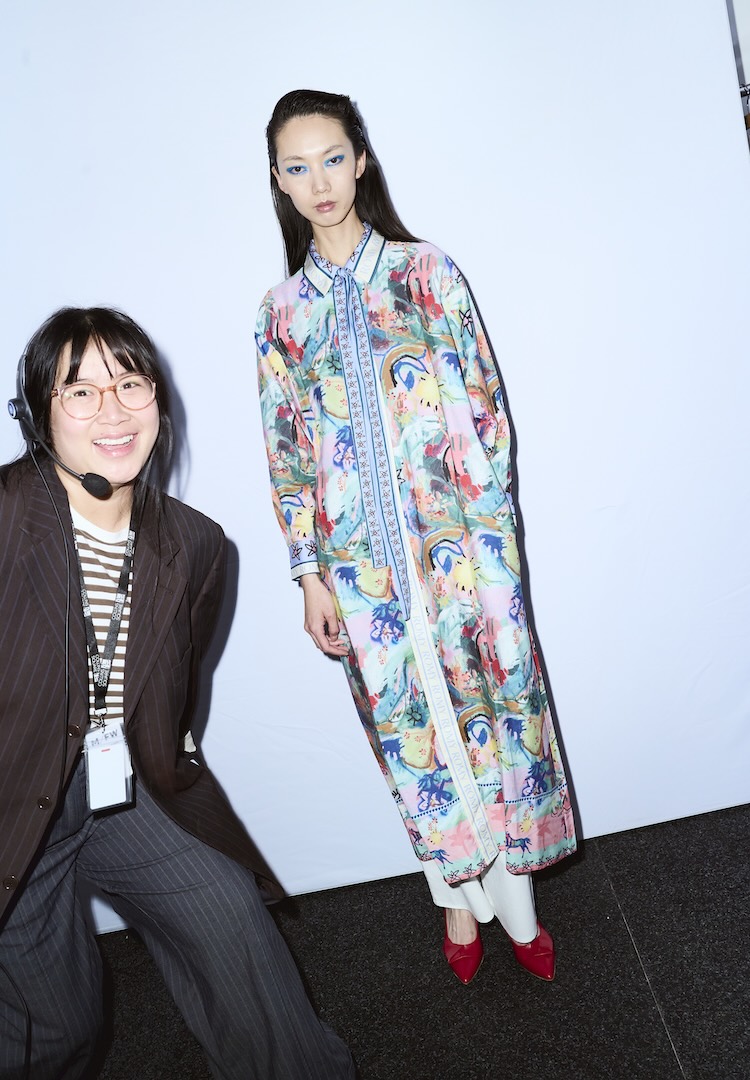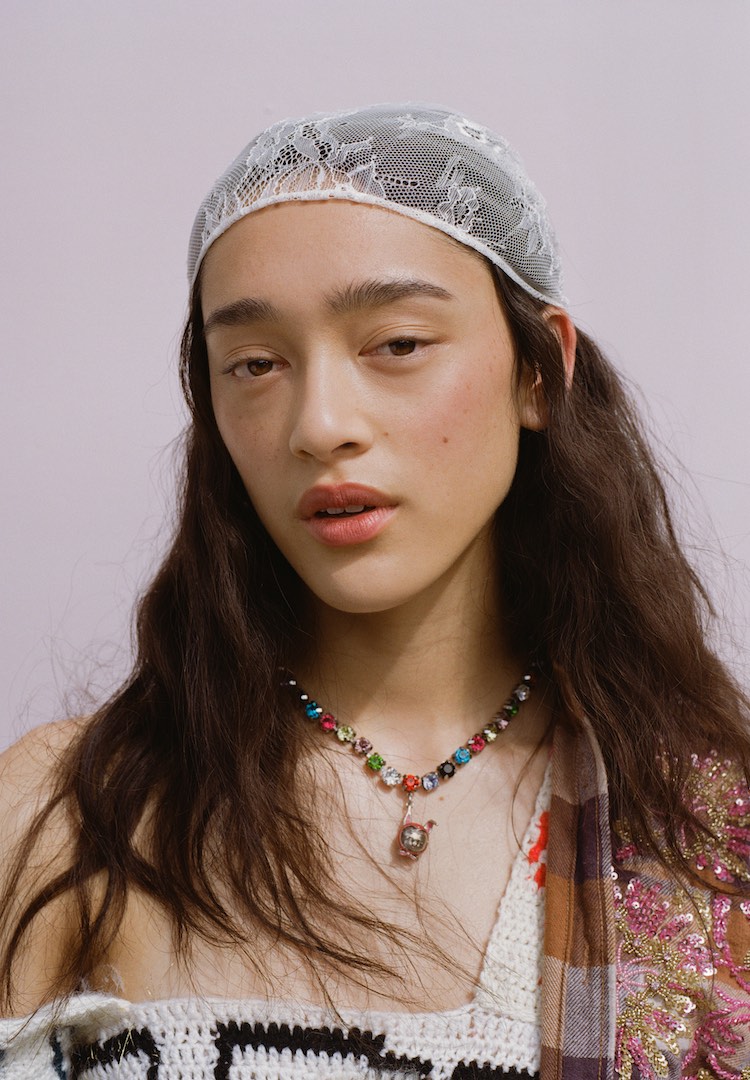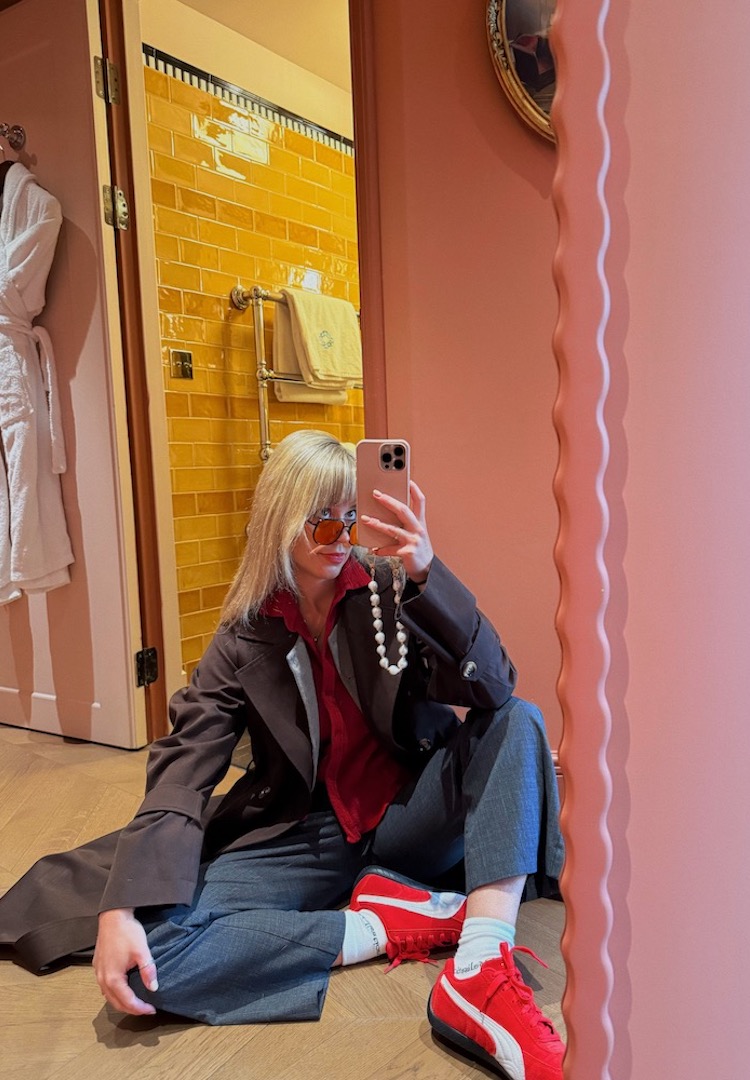20 things no one tells you about studying journalism
Illustration by Twylamae
Words by Esther Reynolds-Verco
Trust me, it’s nothing like you expected.
It’s widely known that there are more people studying journalism than there are journalism jobs available. A little depressing to hear on your first day at uni, but a sure as hell way to make you stay motivated and do whatever you can to get ahead.
My career options were made even harder by the fact that I was – and am – only interested in writing for fashion or lifestyle publications, just like 2386 other journalism graduates.
But despite what people say about degrees being a waste of time, my degree taught me a lot about the basics of journalism. It also helped me land quite a few internships and paid writing opportunities that I’m sure wouldn’t have been possible otherwise.
Thinking back, there are countless things that I would have loved to have known before I started my degree – the good and the bad.
1. Firstly, traditional journalism jobs are being phased out.
You know how people keep saying that print is dying? Well, the whole journalism game is shifting: 9-5 jobs are going, and freelance writers are becoming the norm. So if you need to know where your next pay cheque is coming from, I recommend study marketing.
2. You don’t have control over your own degree.
Journalism degrees are structured so you are trained in every field of journalism: print, online, radio, television. There’s no choosing to major in one or the other, no matter how passionate you are.
3. If you don’t like hard news journalism, then you’re in for a rough ride.
If you’re into any type of journalism other than hard news – fashion, travel, lifestyle – then be prepared to stand up for what you believe in. Your tutors will refer to any of these as ‘soft news journalism’, AKA not the real stuff. They will structure your assignments and classwork around hard news journalism or mark you down accordingly.
4. The legal side of things is actually important.
Way back in the second year of my degree, I did a subject on journalism law. All I can say is make sure you write down those notes and keep that textbook. While it doesn’t seem very relevant then, it is when you’re just out of a degree struggling to make ends meet as a freelancer.
5. Two-minute noodles are your go-to meal.
It’s true what they say, students are poor and pretty much the only meal you can consistently afford is two-minute noodles.
6. ‘Journalist’ means writer, editor, photographer and social media expert.
As a modern-day journalist, you’re expected to be a jack-of-all-trades. If you’re freelancing, then you’ll have to send in an article with photographs. If you’re looking to apply for a more permanent position, then be prepared to have all of these ticked off on your résumé. Get yourself a Canon and hit the streets.
7. Intern every year of your degree and say yes to every opportunity.
The most valuable thing you can do as a budding journalist is intern. Universities offer free insurance for internships while you’re a student, so take them up on the offer and start interning from the first year of your degree. And yes, it sucks working for free but all this experience will set you up to find a job come graduation day. No employee will turn you away for having too much experience – especially not the editor of the university mag.
8. Niche, niche, niche.
The word ‘niche’ is mentioned at least once a week in your journalism classes. What does it mean? Basically the area of journalism that interests you – e.g. fashion. Once you find this, you’ll become much less stressed whenever someone says niche.
9. You know you can get through anything when you finish a group assignment.
Anyone who has been in a group chat on Facebook for a group assignment frantically trying to coordinate schedules and delegate work while everyone else is discussing the latest ep of The Bachelorette knows a thing or two about patience. And deserves a medal.
10. Network!
To stay alive in this industry, you have to network constantly. Through LinkedIn, attending uni events, getting your blog on a PR agency’s list, etc. It’s all in the saying: “it’s about who you know, not what you know”.
11. The unspoken seating plan.
No one actually ever says it, but everyone has a designated seat for the semester and you better not touch it. On the first week, rock up 30 seconds early to class so you can scope out the room to see who looks the most similar to you. Otherwise, you’re sitting next to Kira – who likes to write about sci-fi and owns two cats – for the rest of the semester.
12. You will hate Harvard Referencing.
If someone even mentions the word Harvard, you’ll feel a rage burn up inside of you, a bit like when you find out the latest thing Donald Trump has tweeted. Whether it’s having a tutor tell you that your Harvard Referencing is incorrect (when it 100 per cent is not because you copied the damn template), or the sheer mention of the word, you will hate Harvard Referencing from day one. But then again, it’s burnt in your brain and you’ll have to stop yourself from adding references to your own articles or Insta photos. So, thanks uni.
13. It’s not enough to just go to uni.
To survive in the world of journalism, you’re going to need an online portfolio. Get a blog and update it regularly (not just once a year). And then get a Twitter, follow all the media outlets, journalists and celebrities and start posting (2-3 times a day, or more).
14. An excuse to be on the internet.
Being a journalist means constantly staying on the lookout for the next breaking story, whatever your niche. You’ll slowly learn that you are always, ALWAYS on the internet. Whether it’s news media apps (yes that is the ABC app on my phone, hello), Instagram, Twitter, Facebook, Pinterest or Tumblr. You’re constantly taking in new information. So the next time your mum tells you to get off your phone, guess what, you can’t.
15. Have you got an interesting fact about yourself?
Week one of every semester, you’ll have to prepare an interesting fact about yourself because we’re going around the class and introducing ourselves like we’re in Year 3.
16. Speak the Adobe suite.
Learning every program in the Adobe suite, InDesign, Photoshop, Lightroom, is a given for any modern-day journalist. If you’re lucky, your uni might give you rights to these programs on your computers. If not, say goodbye to even more money.
17. Be prepared to move interstate or overseas.
Journalism jobs are getting harder and harder to come by and having to move for a job is a definite reality.
18. Radio and TV will never be the same again.
You’ll never be able to listen to the radio or watch TV without picking it apart, just like how English Studies ruined all of your favourite films for you. Damn symbolism.
19. You have to always be on top of the news.
It’s expected that you read newspapers and online publications daily, that you watch the news on TV and listen to it on the radio. You have to live and breathe it because you can guarantee there will be a pop quiz in your next tutorial.
20. Keep going it will all make sense in the end.
Journalism degrees tend to have random subjects that you think have no relevance to journalism, but just hold in there because you’ll be surprised how much becomes useful in later classes. And at the end of your studies, it will all make sense. Trust me.
Esther Reynolds-Verco is an Adelaide-based journalist and editor. Follow her at minimalist fashion journey at @theeditorsstyle.












